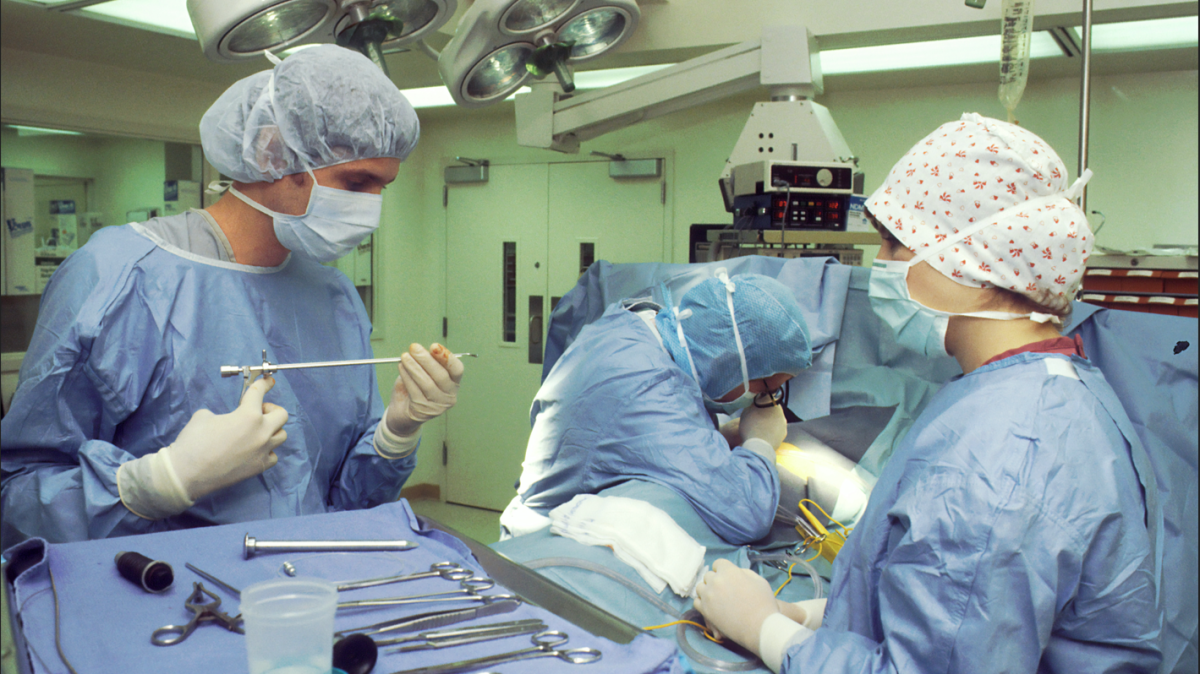Despite the ongoing crisis in Venezuela, the entrepreneur says he has no intention of leaving, as many of the half a million Portuguese nationals and descendants of Portuguese emigrants have done, and says he sees a bright future for the country.
Guayana is the largest city in the state of Bolívar, 675 km southwest of Caracas, and is seen as the industrial, economic and financial centre of the southern Venezuela.
Founded in the 1960s, the city was built from scratch to respond to the perceived need for the central government to create a metropolis in the south of the country, with support from the Massachusetts Institute of Technology (MIT).
It has the country’s main hydro-electric dams and processing plants for iron and steel, bauxite and other minerals, as well as being the mandatory point of passage to and from the jungle areas of southern Venezuela and the Amazon.
"I have been an entrepreneur for 52 years and here in the area for 62,” Morgado told Lusa, adding that after landing in La Guaira, north of Caracas, on the Santa Maria, having set out from his home town of Aveiro, in central Portugal, he went through Caracas and directly to Guayana. “When I got here, there was nothing.
“We were fortunate to be witnesses, to participate in the development of a new, complete city,” he said, referring to his Consórcio Empresarial Morgado (CEM). “Very few people have this sort of luck in the world."
Morgado emigrated to Venezuela in 1957, where his brother, Manuel Morgado, had been living for two years. His first job was in the construction of the Macágua Dam
"I arrived at 16,” he recalled. “I was a mechanic’s mate on the dam, and 30 years later Somor [a CEM unit] did the second stage of Macágua II.”
He estimates that the group built 80% of Guayana city, from roads and buildings to industrial plants and dams.
They also worked in other areas, building industrial plants such as the Ferro-mineira do Orinoco, the Corporação Indústria Venezuelana de Alumínio (CVG VENALUM), and the Siderúrgica do Orinoco Alfredo Maneiro (SIDOR).
"We had 23 companies; now there is a decrease due to the crisis, but we still have about eight,” said Morgado. “One of our successes was the work: from 6 a.m. to 6 p.m., from Monday to Saturday, and Sunday from 6 a.m. to 1 p.m. It was practically slavery.”
The option was to focus in construction and mineral processing and not trade or bakeries, as was and remains traditional among the local Portuguese community.
"Venezuela was a country of great hope and at this moment this hope is quite truncated,” Morgado said of the current political and social crisis under the contested leadership of Nicolás Maduro. “That is the great change that one notes.”
However, he added, he remains confident that, "after this storm has passed, the country will be resurrectedg because Guayana has always been an area of great wealth."
He himself thus has no plans to leave: "I arrived back from [holidays in] Portugal eight days ago and I always go to Portugal [but] I think here in Guayana there is a future.”
According to the entrepreneur, his group "is stable has many good, reliable employees” some of whom already represent the third generation working for it.
Venezuela has around half a million Portuguese nationals and the children or descendants of emigrants, although the total has declined in recent months due to the economic crisis, which has led many to return to Portugal or migrate to other countries.









